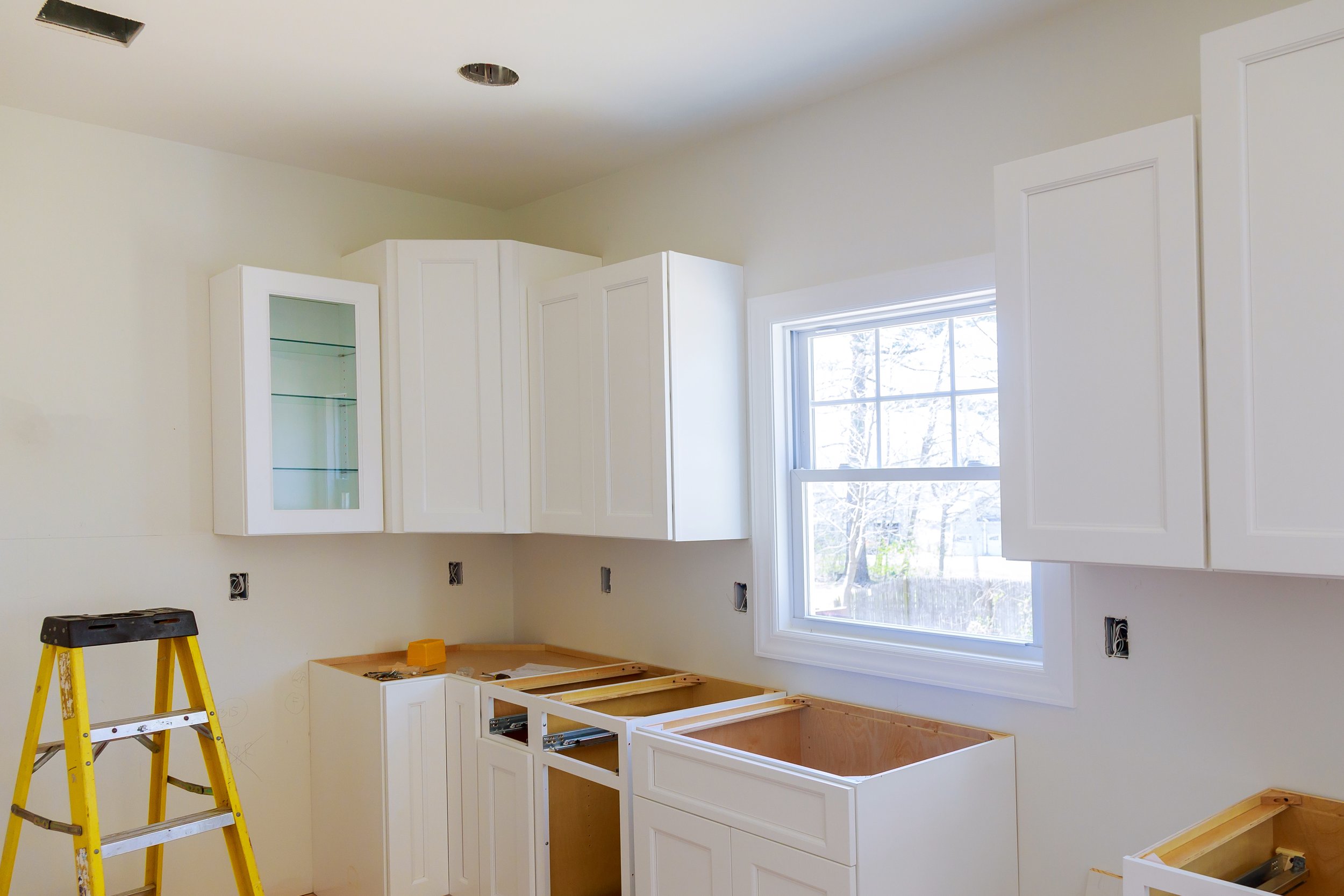The decision to renovate your home before selling is a significant one, influenced by the desire to enhance living spaces, maintain value, and achieve an ideal selling price. However, the key question remains: are these renovations worth the cost, and how can you ensure a return on your investment (ROI)?
In this guide, we'll go through considerations that can guide your decision-making process.
Your Return Depends on the Area of Improvement
Not all home renovations yield equal returns. The ROI is influenced by factors such as the size of the space, room functionality, and location. On average, most remodeling projects only recoup about 65-75% of costs. Therefore, full remodels may not be the most cost-effective solution if your goal is a quick increase in property value before selling.
Careful research and strategic upgrades, however, can offer a positive return. For instance, a minor bathroom remodel can provide a 102% return on the investment, according to HGTV. Conversely, a major kitchen remodel may only yield a 58.6% return, making it less likely to bring a profitable return.
Renovations That Make Sense
Before diving into renovations, thorough research and consultation with a contractor and financial advisor are essential. In 2021, certain upgrades stand out as cost-effective and value-enhancing:
Curb Appeal: Exterior home improvements are a top trend for increasing property value. Adding manufactured stone veneer, siding upgrades, and a new garage door are all cited as wise investments, with high rates of cost recoupment.
Landscaping: Small outdoor maintenance tasks, from weeding to power washing the driveway, enhance curb appeal at a minimal cost. Landscaping improvements contribute to a manicured look that attracts buyers, and the National Association of Realtors notes that improved landscaping can help secure a sale.
Minor Kitchen and Bathroom Upgrades: Upgrading countertops, floors, backsplash, and appliances in the kitchen, and making minimal yet impactful changes to the bathroom, can significantly influence renters' impressions. While not providing an immediate full return, these upgrades increase property desirability and attract competitive offers.
When Renovating Doesn't Make Sense
If time and budget constraints are pressing, forgoing renovations could be an option. However, this decision comes with potential downsides. By selling without renovations, you may need to accept a lower offer, especially if the property's condition isn't optimal or the market is competitive.
Thorough cleaning and simple maintenance tasks, such as power washing the exterior, weeding, and hiring a professional cleaner, can enhance curb appeal even without major renovations. These actions maximize your sale price with any time or budget constraints, especially when guided by the right professionals.
The decision to renovate before selling requires careful consideration of potential returns, costs, and market conditions. Strategic upgrades, focusing on curb appeal, landscaping, and minor kitchen and bathroom improvements, can contribute to a higher property value and attract quality buyers. Consulting with experts and thoroughly researching each renovation choice ensures that your investment aligns with your goals.







